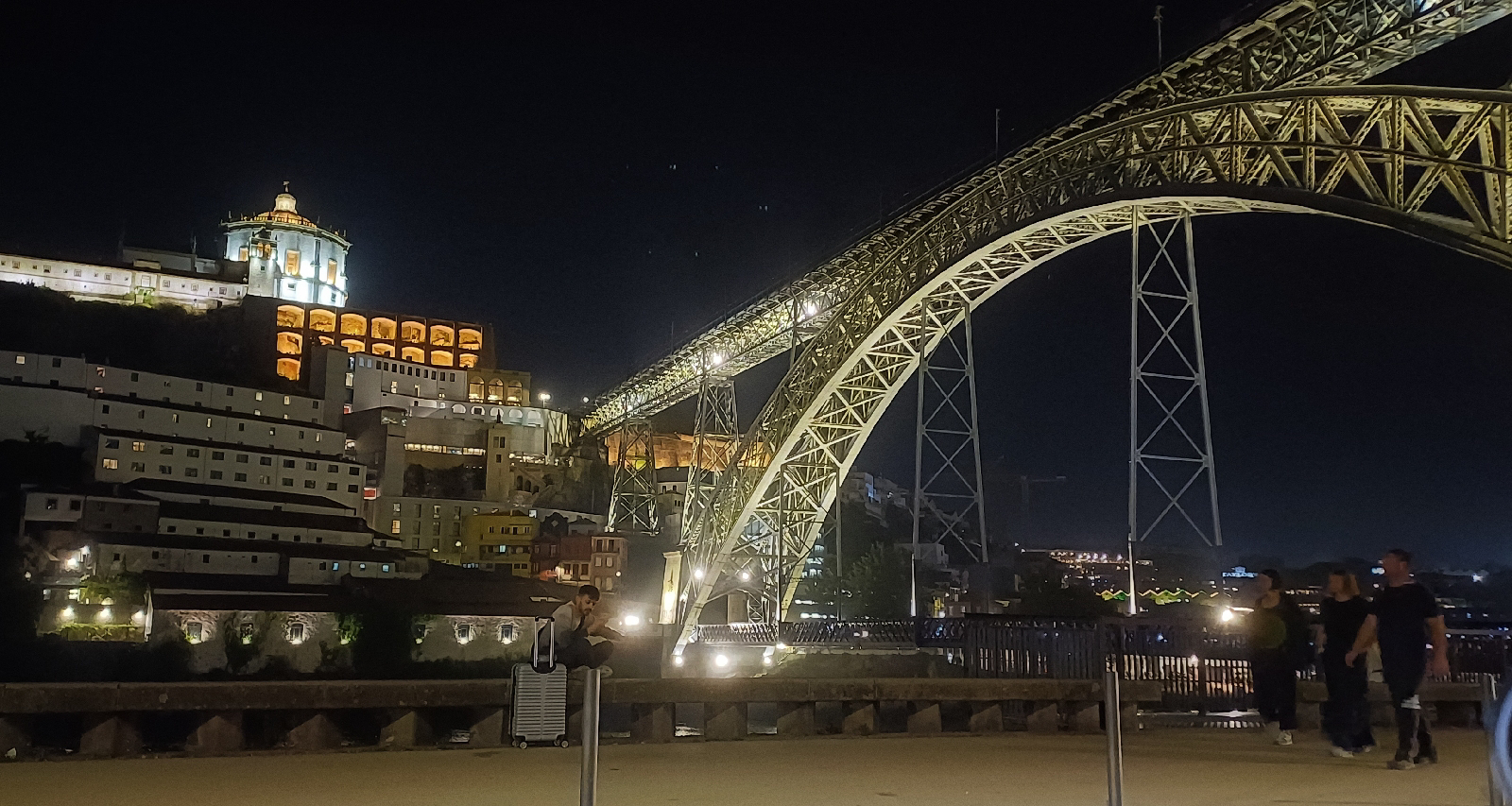Portugal: Security and peace of mind or are the houses expensive?
Security and peace of mind or are the houses in Portugal expensive?
Foreign investment, local housing, university housing, tax burden, low wages, Golden visas and digital nomads have come to shake up the housing market in Portugal.
4 minutes of reading
Portugal has entered the radar of global investors due to the growth of tourism, golden visas (portuguese residence for investors) incentives and the fact that it is known as one of the quietest and safest countries to live in. To help, the average area of the houses is larger than in the rest of Europe.
If every country in Europe has foreign investment programs, then why did they choose Portugal?
A 1-bedroom apartment on Avenida da Liberdade in Lisbon can be worth 5,000 or 6,000 eur monthly rent.
Tourism brings local accommodation, the tourist becomes a buyer and becomes a resident.
According to Pordata (https://www.pordata.pt), worldwide events such as the Web Summit (https://websummit.com) attract around 30,000 technology entrepreneurs and startups from all over the world every year. Some of these entrepreneurs fall in love with Portugal and stay.
The digital nomads, coming mainly from the USA, Brazil and the United Kingdom, with salaries above 3.000 eur and with tax incentives such as IRS of 20%, benefiting from the Non Habitual Resident (NHR) regime, find good reasons to settle in Portugal. After 5 years they can obtain a permanent residence permit.
While the Portuguese see no future in Portugal, due to their low salaries and difficulties in access to credit for housing, foreigners fall in love with our land and move here because they have financial power.
Buyers of 60 to 70 nationalities are investing in Lisbon, through investment funds, investor clients and foreigners who want to move to Portugal. To these, the government offers tax incentives for foreigners to settle in Portugal through NHR.
Of course, if the effect of tourism, local accommodation and foreign investment were purged, the historic centers would still be degraded and devalued.
This inflated demand is located in Lisbon, Porto and the Algarve. Braga has sold out of available houses.
From 2015 to 2022 house prices increased by 90% in Portugal, i.e. almost doubled and only increased by 48% in the EU, but average salaries remained the same in Portugal and in the EU according to Pordata data.
It means that the Portuguese have lost purchasing power for their first home in Portugal and foreigners still find it an investment opportunity, even though prices have almost doubled between 2015 and 2022.
The security and peace of mind offered in Portugal are reasons for foreigners to settle in various parts of Portugal, outside the major centers, such as Algarve or Moledo do Minho, without looking at the quality of the properties.
According to Pordata data, in 1960 there were 29 thousand foreigners living in Portugal, in 2021 there will be 542 thousand.
The golden visas attracted investment to Portugal but also contributed to inflate the real estate market, mainly through increased demand for luxury properties.
The supply of houses has not been able to overcome the demand by foreigners and Portuguese and the trend seems to be to find fewer and fewer houses for sale. Until now only luxury real estate has been viable in Portugal and a large part of this supply is destined for foreign investment.
Young Portuguese are the most penalized when they go looking for their first home, because their salaries are low, house prices are high and interest rates are high. On the other hand, there are less and less houses for rent.
The arrival of foreign investment in the Portuguese real estate market has created pressure on the demand for houses, causing rents to go up and interest rates to rise.
It can be said that it has really transformed the cities and boosted the Portuguese economy through construction, job creation, and increased tax revenue.
Living on the outskirts of big cities would be an interesting idea if there were good connecting infrastructures.
On the other hand, the supply of housing for university students has been taken up by tourism. Thus, higher education has 108 thousand displaced students and only 27 thousand available beds, which makes the search for a room to study a living hell.
10 may 2023, day of Portugal
João Pires



Comments
Post a Comment